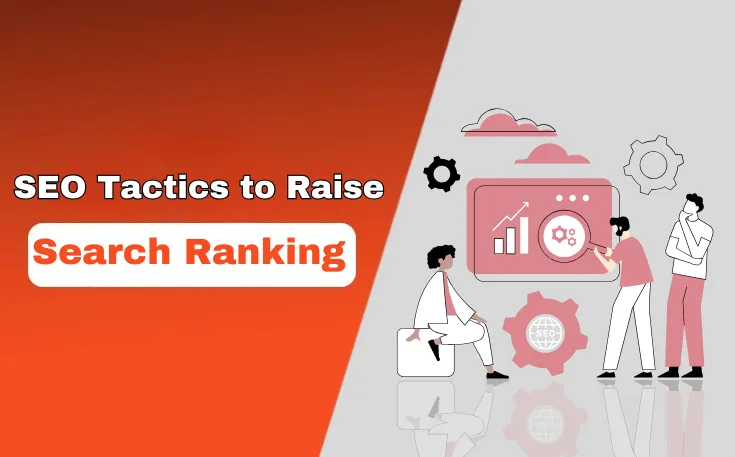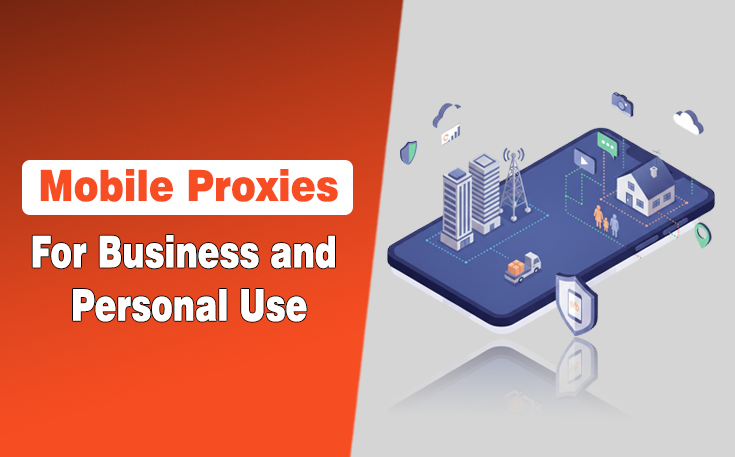Have you ever searched for a new home online? If yes, you have already seen how technology has changed real estate. But in 2025, that shift has gone even deeper. Artificial Intelligence (AI) is no longer just a buzzword.
It is actively reshaping how homes are bought, sold, and even valued. From predicting market trends to matching buyers with their dream homes, AI has become the invisible force driving smarter, faster, and more transparent real estate decisions.
Let’s take a look at how AI is revolutionizing every step of the property journey this year.
How AI Is Reshaping Real Estate Decision-Making?
AI has transformed how buyers, sellers, and agents make property decisions. Instead of relying solely on human intuition, AI brings data-driven insights that reduce risks and speed up the process. In 2025, algorithms analyze thousands of property listings, neighborhood trends, and buyer preferences to deliver highly accurate recommendations.
Whether you are browsing apps like Zillow or exploring new PropTech platforms, AI ensures you are seeing the right properties at the right price and at the perfect time. In the under section, I have mentioned some points that can help you understand the impact of AI in real estate decision making.
1. Smarter Property Valuation
Accurately pricing a property has always been one of the biggest challenges in real estate. AI is changing that.
AI-powered systems now evaluate millions of data points, including past sales, market demand, seasonal fluctuations, and even neighborhood development plans, to predict real-time property values. These systems provide more consistent and fair pricing compared to traditional manual assessments.
This kind of technology powers tools like Zillow’s Zestimate, but in 2025, the precision has improved dramatically. Buyers can now view near-instant valuation updates, while sellers can set prices that align perfectly with the market pulse.
2. Personalized Home Recommendations
AI doesn’t just show you properties. It understands your preferences.
Also, it analyzes your past searches, saved listings, budget, and lifestyle patterns, and then offers personalized recommendations. It is like having a digital real estate assistant who knows your taste better than you do.
This personalization has made home hunting far more efficient. You no longer need to scroll endlessly through irrelevant listings. Instead, AI platforms in 2025 predict what you will love and bring it directly to your screen.
3. Predictive Market Analytics
In real estate, timing can be everything, and this is where AI truly shines.
Predictive analytics uses AI to forecast market trends, property appreciation rates, and potential investment opportunities. These insights help investors buy at the right time and sell when prices peak.
AI models consider variables like population growth, employment data, infrastructure expansion, and even climate patterns to forecast long-term property value trends. For investors and developers, it has become one of the most powerful tools of 2025.
4. Virtual Assistants and Chatbots
The rise of AI-powered chatbots has made real estate more interactive and accessible.
These virtual assistants can answer queries 24/7, schedule property tours, guide you through mortgage options, and even help with documentation. Real estate websites and apps use chatbots to keep users engaged and reduce response time and improving customer satisfaction.
Whether you are using Zillow, Realtor.com, or a new-age PropTech platform, you are likely interacting with AI every time you ask a question or request a callback.
5. Fraud Detection and Secure Transactions
The real estate market has always been vulnerable to fraud, from fake listings to identity theft. AI is now stepping in as a digital watchdog.
AI-powered fraud detection systems can identify suspicious patterns, verify property ownership, and flag unusual financial activity before transactions go through. AI can scan through millions of records in seconds, and then these systems keep both buyers and sellers safer.
In 2025, most major property apps and platforms are integrated with AI-driven identity verification and blockchain-backed transaction systems to ensure every deal is transparent and legitimate.
6. Enhanced Customer Experience
AI has also raised the bar for customer experience in real estate.
Through machine learning and behavioral analysis, AI personalizes every user’s experience, from the tone of chatbot conversations to the listings displayed. Virtual tours powered by AI and augmented reality allow buyers to walk through homes digitally, while natural language processing helps them ask questions and get accurate responses instantly.
The result? Faster decisions, fewer frustrations, and a home-search experience that feels effortless.
7. Smarter Property Management
Beyond buying and selling, AI is transforming property management too.
Smart building systems use AI to monitor energy consumption, detect maintenance issues early, and automate rent collection. For landlords and tenants, it means fewer headaches and better living experiences.
AI also analyzes tenant behavior and payment patterns to predict potential risks or churn, and allows property owners to make informed decisions and maintain consistent occupancy rates.
8. Marketing Automation for Real Estate Agents
AI is also making real estate marketing more efficient.
Agents can now use AI-powered tools to automate social media marketing, optimize listings for search engines, and target the right audience with personalized ads. These systems analyze engagement data and adjust campaigns automatically for better reach and conversion.
In 2025, successful agents are not spending hours creating content. They are using AI systems that do it for them while they focus on closing deals.
The Future of AI in Real Estate
The integration of AI in real estate is only getting started. The next wave of innovations will include deeper automation, smarter virtual staging, and blockchain-AI hybrids that make real estate transactions faster and more secure.
AI will soon evolve into a full-fledged digital advisor by guiding users through every stage of homeownership, from discovery to investment to long-term management. The key for buyers, sellers, and professionals in 2025 is to embrace these tools early and adapt to the changing landscape.
Final Thoughts
Artificial Intelligence is not replacing humans in real estate. It is empowering them. It takes the guesswork out of buying and selling, saves time, reduces fraud, and delivers insights that were once impossible to obtain.
In 2025, AI has become the foundation of smarter real estate, connecting data, technology, and human needs like never before. Whether you are a first-time buyer, an investor, or an agent, one thing is clear: AI is not just changing the real estate market. It is redefining it.
Need custom app with amazing features?
Get a Quote




